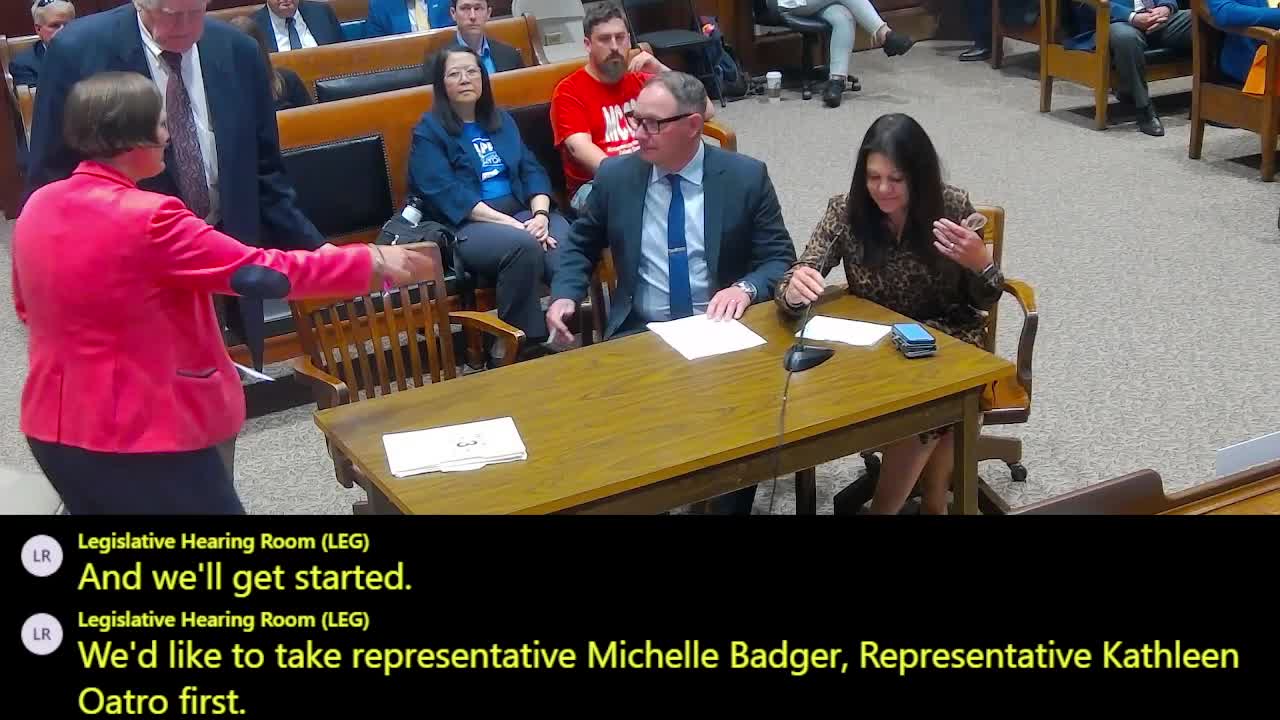Article not found
This article is no longer available. But don't worry—we've gathered other articles that discuss the same topic.
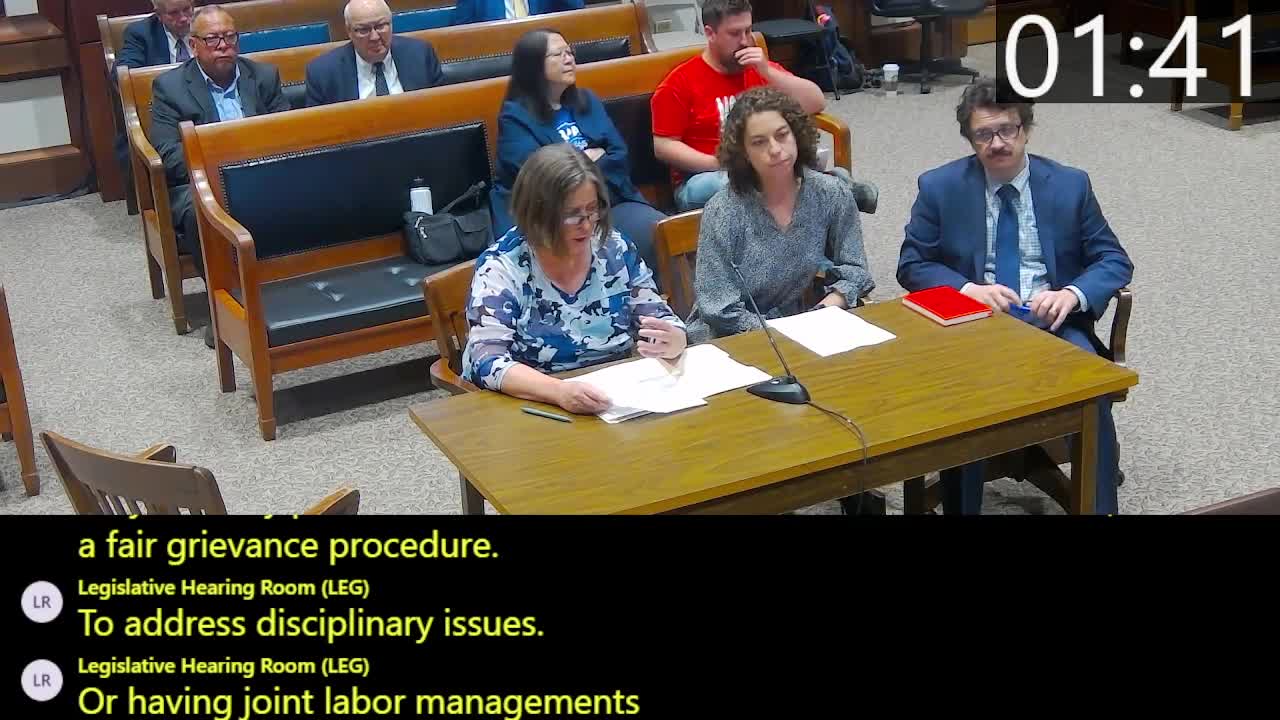
Public defenders and SEIU urge committee to allow CPCS employees to seek collective bargaining rights
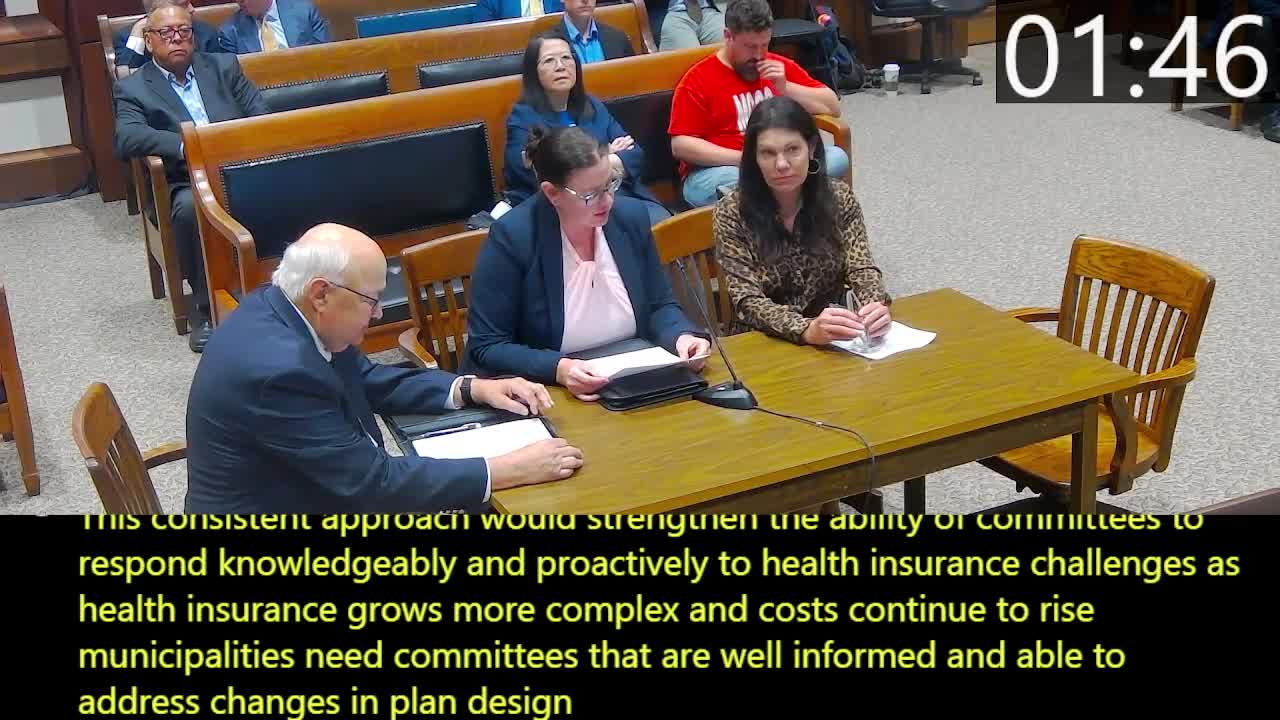
Higher‑education and other public workers press for 30‑day funding rule after contract ratification
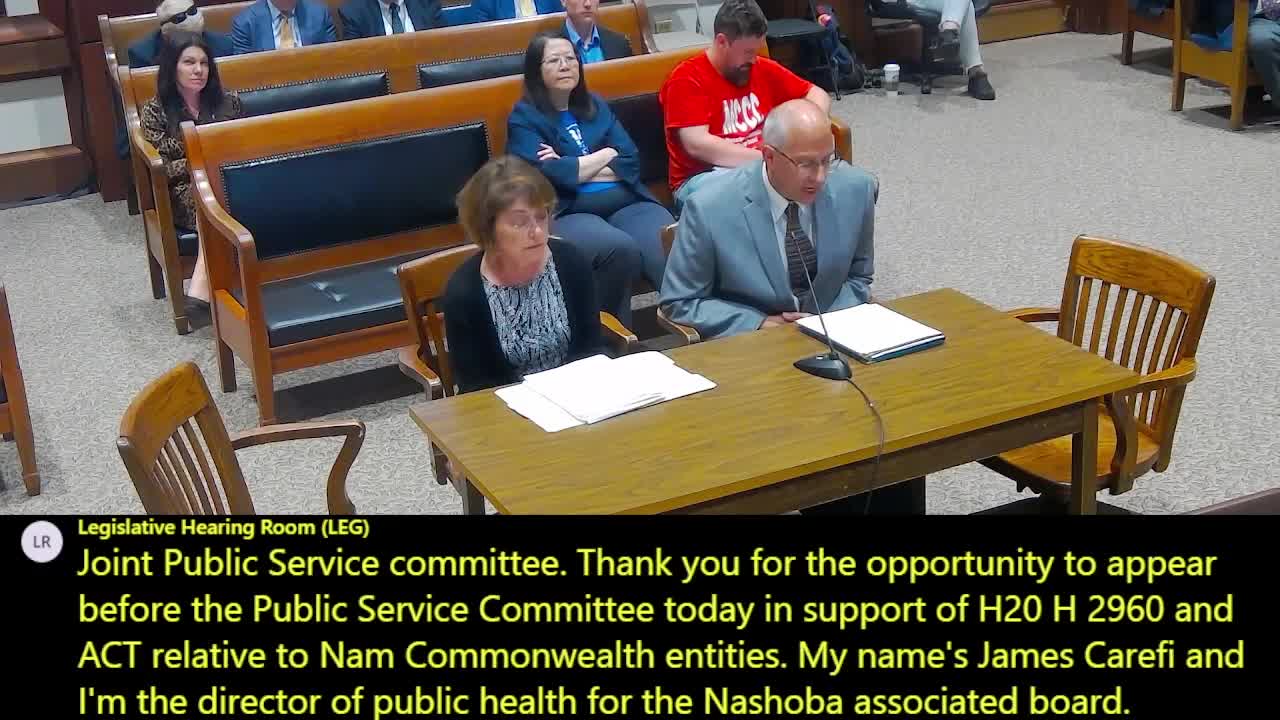
Regional health district seeks legislative fix for retirement contribution liability
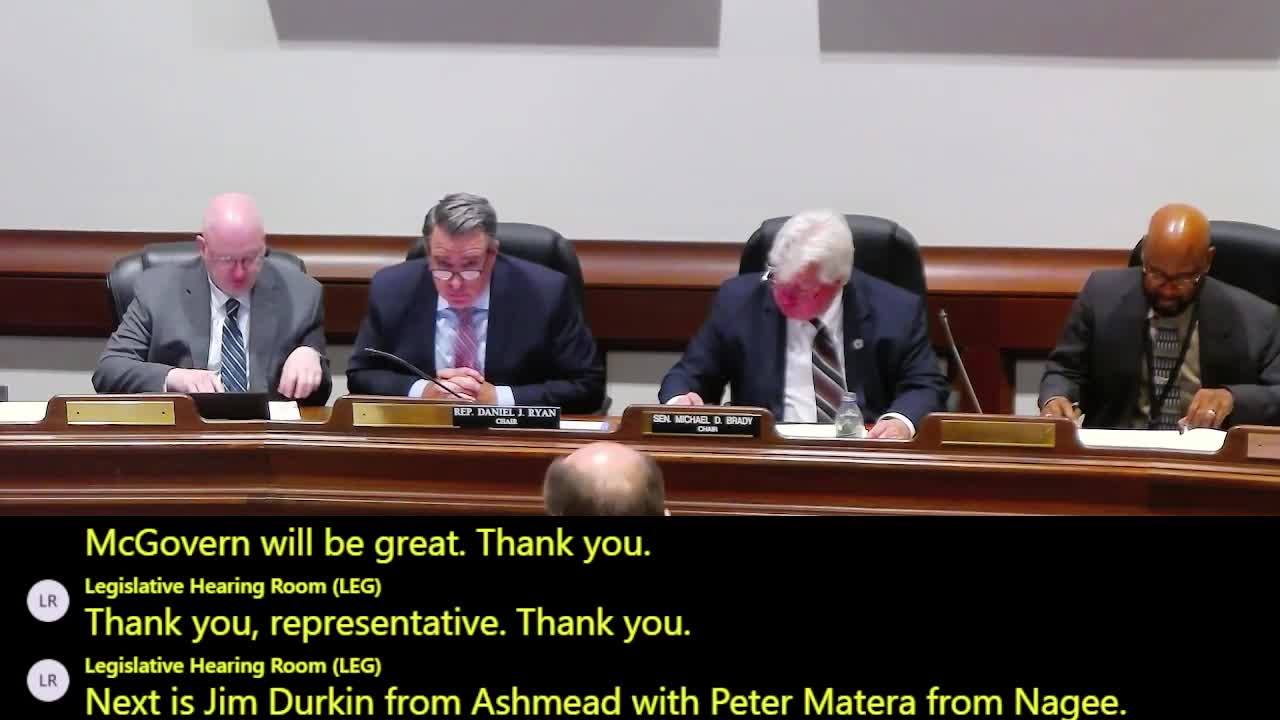
Unions press committee to extend just‑cause and promotion rights to MWRA employees
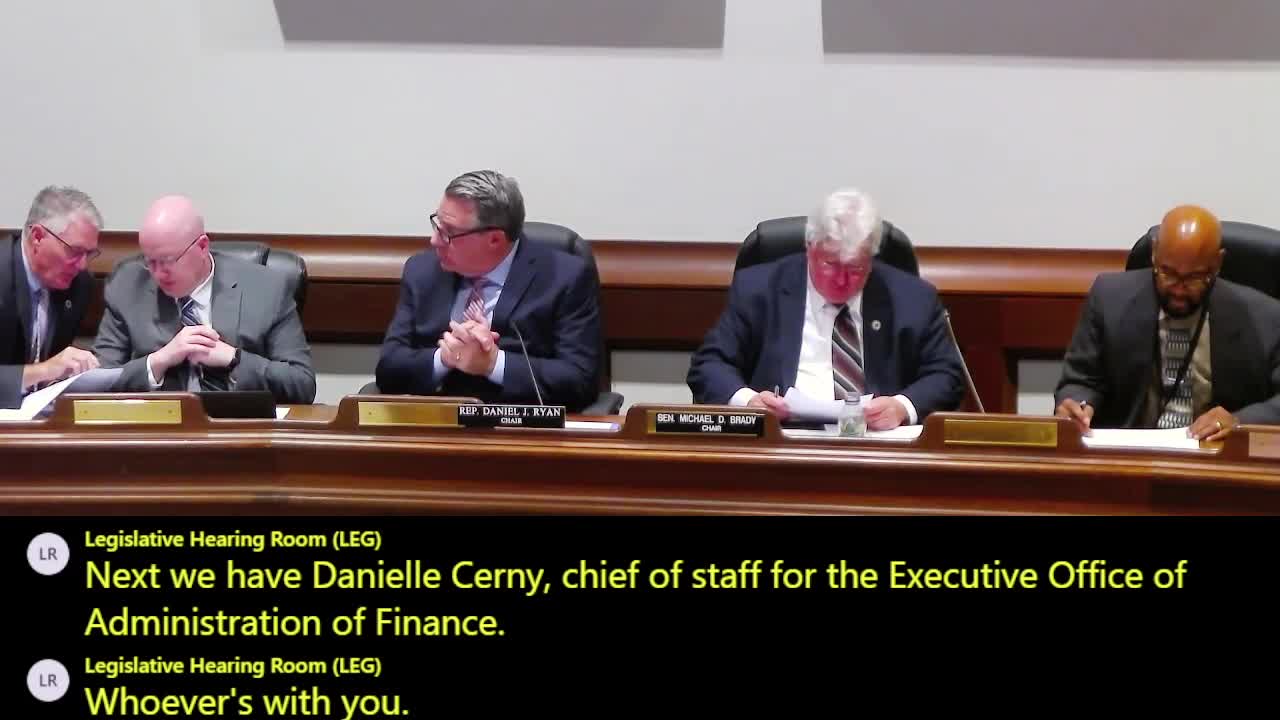
Administration proposes time‑limited post‑retirement hiring flex and new OPEB commission in Municipal Empowerment Act
